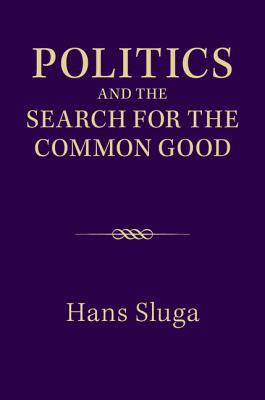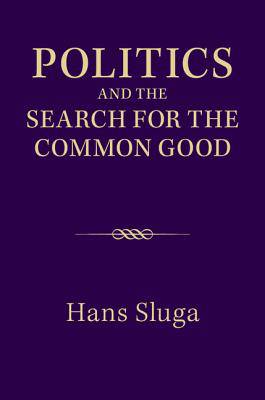
- Afhalen na 1 uur in een winkel met voorraad
- Gratis thuislevering in België vanaf € 30
- Ruim aanbod met 7 miljoen producten
- Afhalen na 1 uur in een winkel met voorraad
- Gratis thuislevering in België vanaf € 30
- Ruim aanbod met 7 miljoen producten
Zoeken
€ 50,45
+ 100 punten
Uitvoering
Omschrijving
Rethinking politics in a new vocabulary, Hans Sluga challenges the firmly held assumption that there exists a single common good which politics is meant to realize. He argues that politics is not a natural but a historical phenomenon, and not a single thing but a multiplicity of political forms and values only loosely related. He contrasts two traditions in political philosophy: a 'normative theorizing' that extends from Plato to John Rawls and a newer 'diagnostic practice' that emerged with Marx and Nietzsche and has found its three most prominent twentieth-century practitioners in Carl Schmitt, Hannah Arendt, and Michel Foucault. He then examines the sources of diagnostic political thinking, analyzes its achievements, and offers a critical assessment of its limitations. His important book will be of interest to a wide range of upper-level students and scholars in political philosophy, political theory, and the history of ideas.
Specificaties
Betrokkenen
- Auteur(s):
- Uitgeverij:
Inhoud
- Aantal bladzijden:
- 272
- Taal:
- Engels
Eigenschappen
- Productcode (EAN):
- 9781107671133
- Verschijningsdatum:
- 23/10/2014
- Uitvoering:
- Paperback
- Formaat:
- Trade paperback (VS)
- Afmetingen:
- 150 mm x 226 mm
- Gewicht:
- 385 g

Alleen bij Standaard Boekhandel
+ 100 punten op je klantenkaart van Standaard Boekhandel
Beoordelingen
We publiceren alleen reviews die voldoen aan de voorwaarden voor reviews. Bekijk onze voorwaarden voor reviews.








